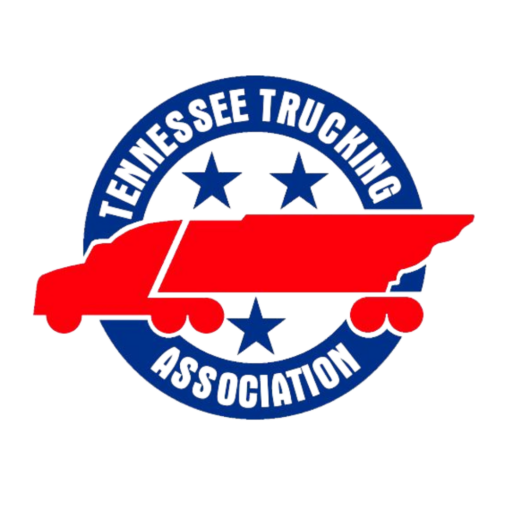Archive for November 2021
Adams and Resse Legislative Update – 11-11-2021
What Can Employers Do Now While OSHA’s COVID-19 Vaccination and Testing Rules Are Temporarily Suspended? November 2021 Employers now have OSHA’s long-awaited Emergency Temporary Standard (ETS) mandating COVID-19 vaccinations or testing for some workers, but much uncertainty remains about how and whether employers should take action at this point. Hours after OSHA issued…
Read MoreAdams and Resse Legislative Update – 11-1-2021
The Tennessee General Assembly just recently concluded a Special Session limited to the legislature approving financial incentives for the major Ford Motor Company project in West Tennessee. That Special Session wrapped up business in 3 days approving nearly $900,000,000 in incentives that will assist with bringing the largest single manufacturing investment ever to Tennessee. This will create…
Read MoreDONNA ENGLAND TALKS ABOUT THE SUPPLY CHAIN WITH FORMER GOVERNOR MIKE HUCKABEE. WATCH NOW!
Donna England appeared on the Huckabee show that aired on Saturday, October 23, 2021.
Read More